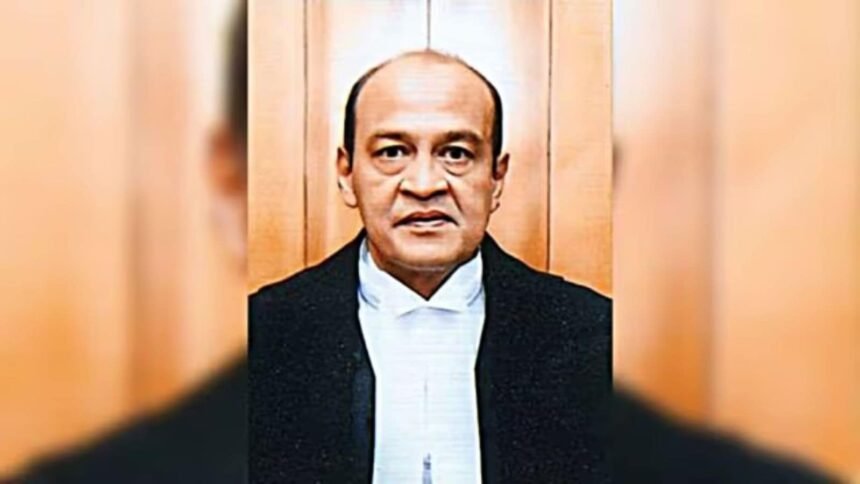The Supreme Court will hear on July 28 Justice Yashwant Varma’s plea challenging the legal validity of the in-house inquiry, which confirmed charges of recovery of unaccounted cash from his official residence in the national capital.
A bench of Justices Dipankar Datta and A G Masih will hear the matter, including his “application for filing the petition without disclosing the identity of the petitioner/respondent.”
On July 23, Chief Justice of India B R Gavai had assured his counsel, Senior Advocate Kapil Sibal, that he would constitute a bench to hear it.
Justice Varma, in his plea, said, “Primarily, the In-House House Procedure, adopted via a 1999 Full Court Resolution to handle complaints against judges and preserve judicial independence while maintaining public faith, unjustifiably extends beyond the intended scope of self-regulation and fact-finding.”
“By culminating in recommendations for removal from constitutional office, it creates a parallel, extra-constitutional mechanism that derogates from the mandatory framework under Articles 124 and 218 of the Constitution, which exclusively vest powers for removal of Judges of the High Courts in Parliament through an address supported by a special majority, following an inquiry under the Judges (Inquiry) Act, 1968,” it said.
The judge said administrative or self-regulating procedures adopted by the Supreme Court “cannot circumvent or override the constitutionally protected tenure of High Court judges or imbue the Hon’ble CJI with unregulated authority to act as the arbiter of the fate of other judges of the High Courts/this Hon’ble Court.”
He also raised questions over the Supreme Court’s decision to make public the purported video showing wads of burnt currency notes at his residence as being “ex facie disproportionate and violative of the law.” It stated that this disclosure gave rise to a media trial, which the Supreme Court itself had barred in its own rulings.
Story continues below this ad
“Unprecedented public disclosure of these unverified allegations via press release by this Hon’ble Court on 22.03.2025 subjected the Petitioner to media trial, resulting in irreparable damage to his personal reputation and career as a judicial officer,” the plea stated.
Justice Varma also challenged the conclusions of the report by the three-member in-house judicial panel.
Appointed by the Chief Justice of India on March 22, a week after currency notes were found at Justice Varma’s official residence where a fire broke out on March 14, the panel comprised Justices Sheel Nagu, Chief Justice of the Punjab and Haryana High Court; G S Sandhawalia, Chief Justice of the Himachal Pradesh High Court; and Anu Sivaraman, Judge of the High Court of Karnataka. The panel found credence in the allegations against Justice Varma.
With the argument that the findings of the report are without due process and inadequate, Justice Varma, in his plea, questioned every consequential action that flows from the report, including the CJI’s recommendation.








